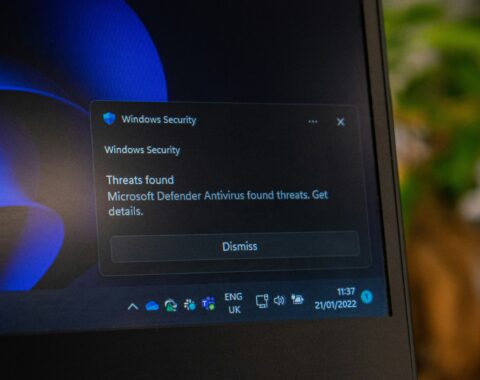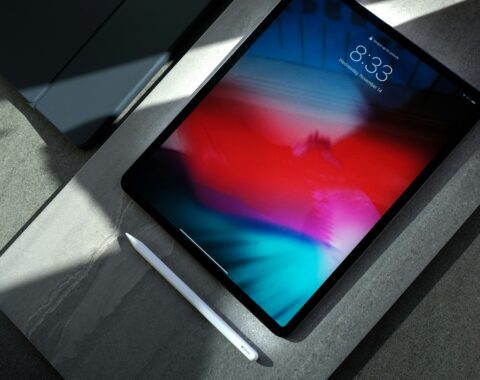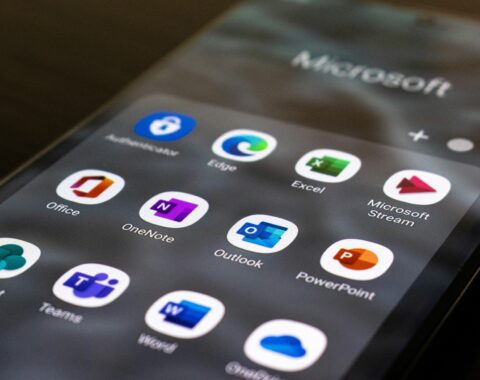By Kimberly Rux
TL;DR: You can use your mobile devices in public but remember to safeguard them and personal data in public spaces through measures such as strong authentication, software updates, cautious use of public Wi-Fi, and awareness of phishing risks.
Mobile devices like tablets and smartphones have seamlessly integrated into our daily lives. These gadgets hold a treasure trove of personal information and sensitive data, making their protection in public spaces a top priority. To ensure the security of your mobile devices and the privacy of your data while using them in public, consider these essential tips.
Firstly, fortify your device’s defense by implementing robust passwords or biometric authentication. Opt for intricate passwords that blend letters, numbers, and special characters. Moreover, take advantage of biometric options such as fingerprint or facial recognition to add an extra layer of safeguarding.
Secondly, bolster your security with two-factor authentication (2FA). By enabling 2FA for your device and applications, you introduce an additional checkpoint for access. Even if someone breaches your password, they would still need a secondary piece of information to gain entry, minimizing the risk of unauthorized access.
Staying up to date with software updates is another pivotal aspect of mobile security. These updates often contain patches for known vulnerabilities, effectively reducing the chances of unauthorized breaches. To stay current, enable automatic updates on your device.
When using public Wi-Fi networks – frequently found in coffee shops, airports, and other public places – take extra caution. Public Wi-Fi can be fertile ground for cyberattacks. Avoid accessing sensitive information or conducting financial transactions over these networks. If you must use public Wi-Fi, employing a Virtual Private Network (VPN) can encrypt your internet traffic, making it harder for hackers to intercept your data.
Vigilance against “shoulder surfers” is paramount. Shield your device’s screen from prying eyes, particularly when entering passwords or viewing personal content. It’s advisable to refrain from sharing sensitive data in crowded environments to thwart potential eavesdroppers.
To bolster your device’s defenses further, consider installing reputable security software. Antivirus and anti-malware applications can proactively identify and counter potential threats, offering an additional layer of protection against malicious software.
In the unfortunate event of losing your device or it being stolen, remote tracking and wiping functionalities can prove invaluable. Many devices feature built-in capabilities or apps that enable you to track your device’s whereabouts and remotely erase its data to prevent unauthorized access.
It’s imperative to cultivate the habit of locking your device when not in use. Even during brief absences, ensure your device is locked with a password, PIN, or biometric authentication. Utilize the device’s automatic lock feature for added convenience and security.
Educating yourself about phishing tactics is a crucial defense mechanism. Exercise caution with unsolicited messages, emails, or pop-ups that solicit personal information or encourage link clicks. These could be phishing attempts aimed at extracting your data. Verify the source’s authenticity before taking any action.
In a digital landscape where connectivity is ubiquitous, safeguarding your mobile devices in public spaces is non-negotiable. By adhering to these guidelines, you can mitigate risks and guarantee that your personal information remains confidential. This way, you can relish the benefits of your devices without compromising your privacy.




